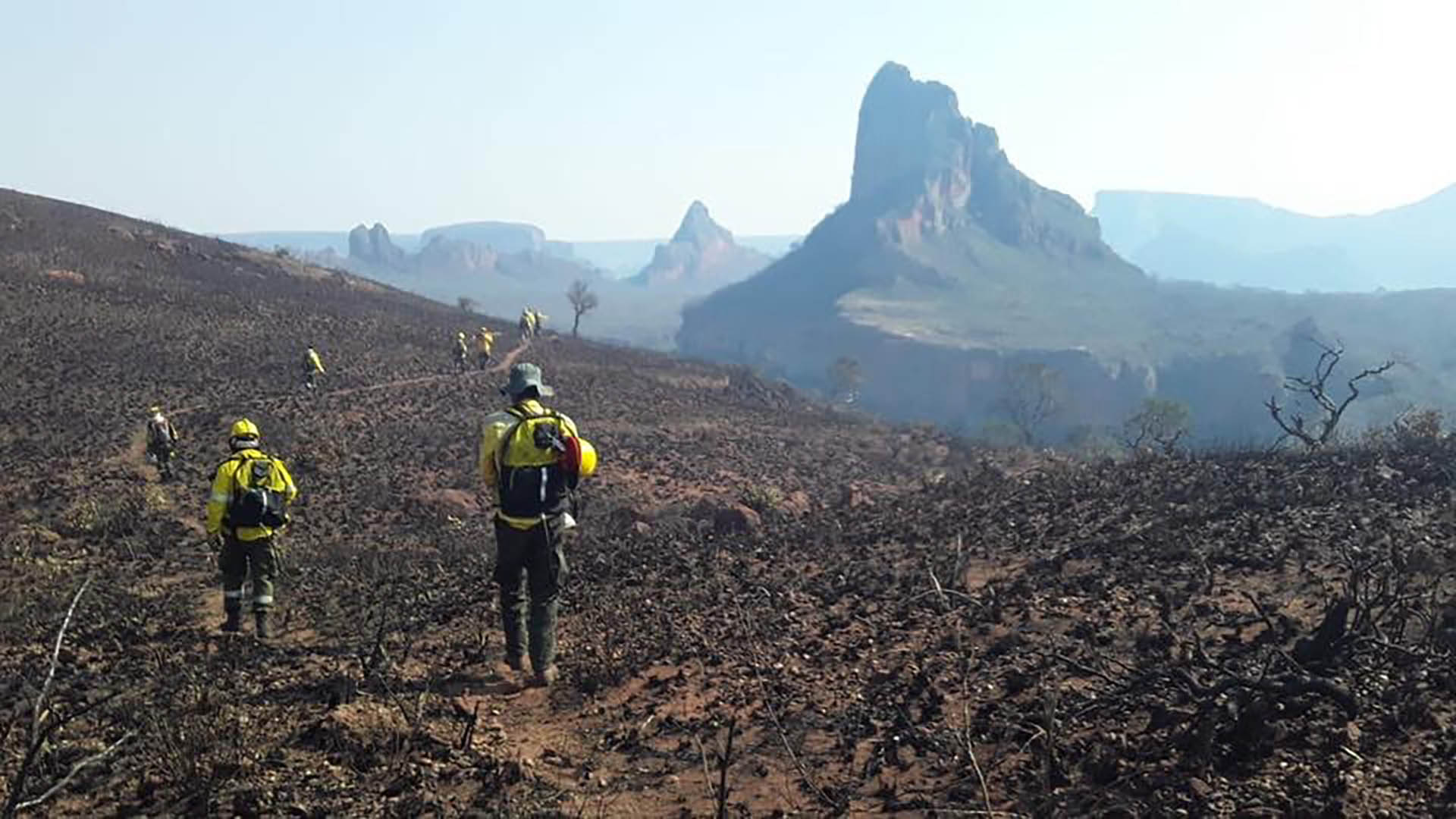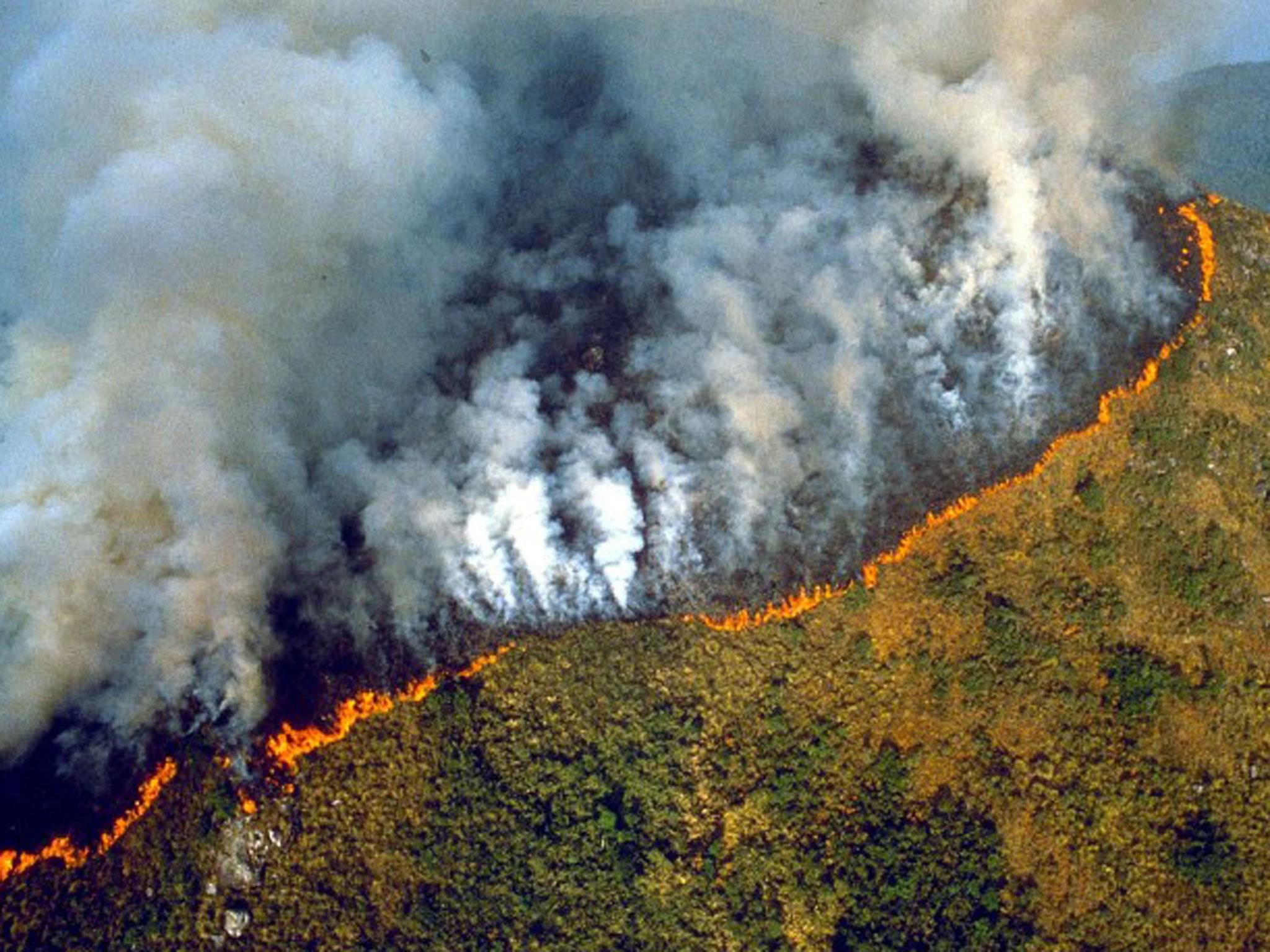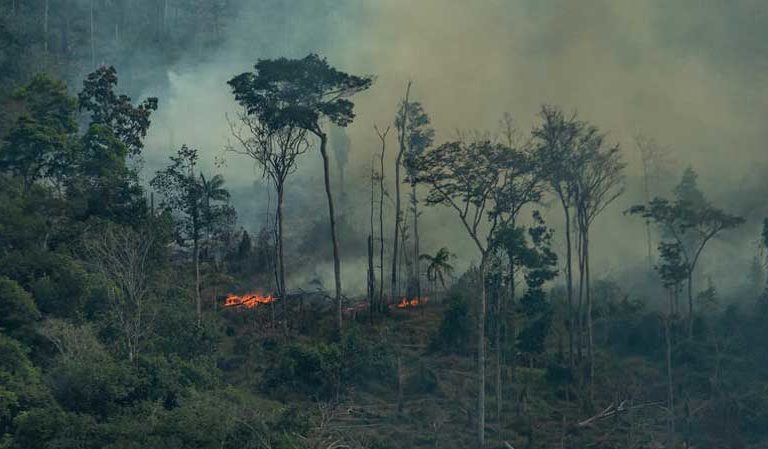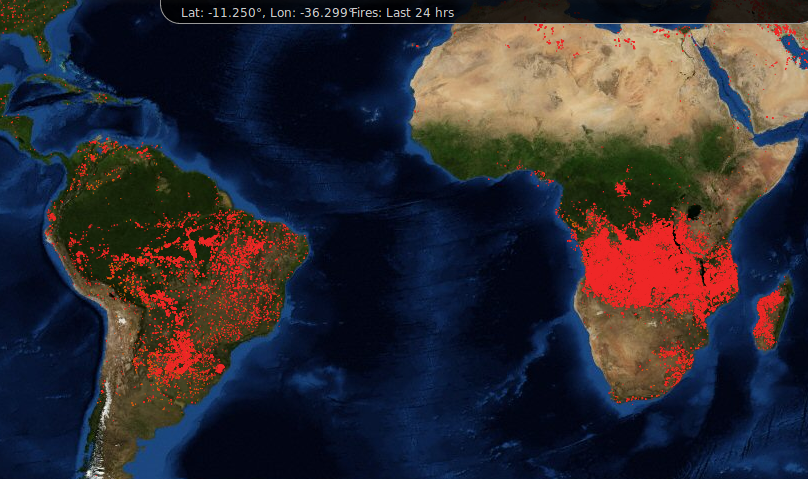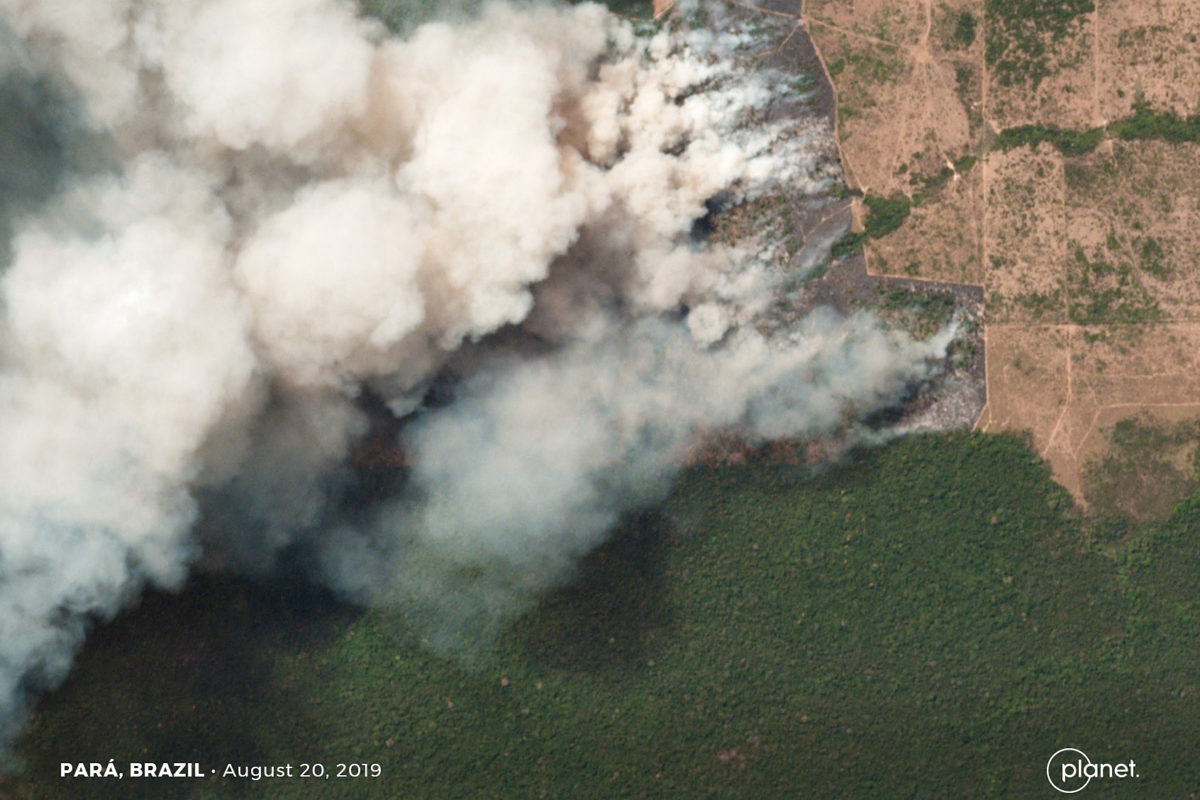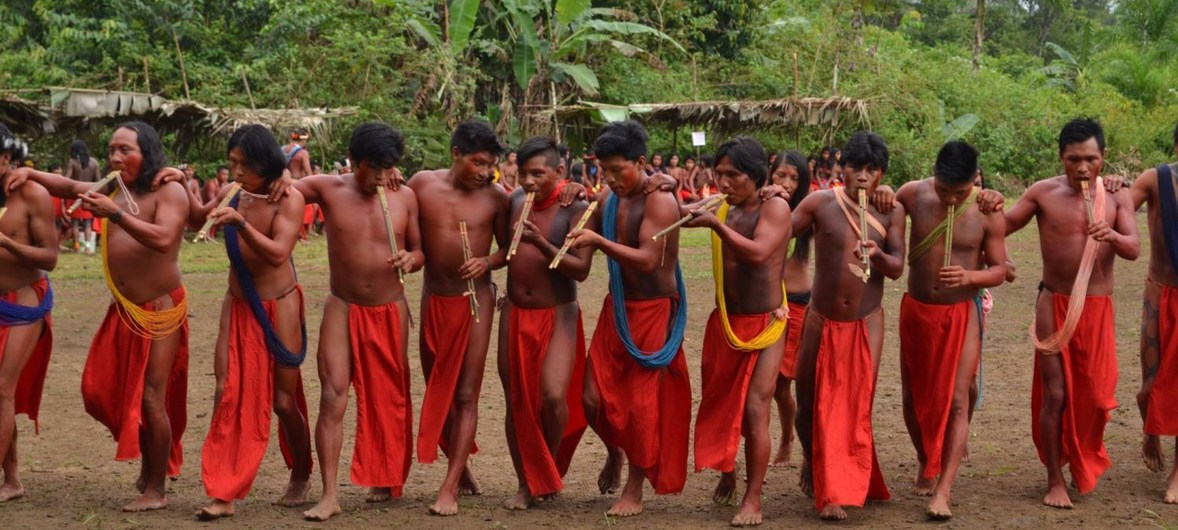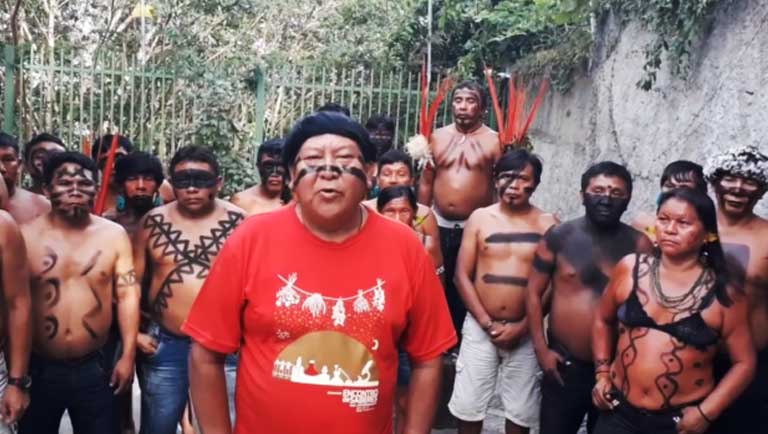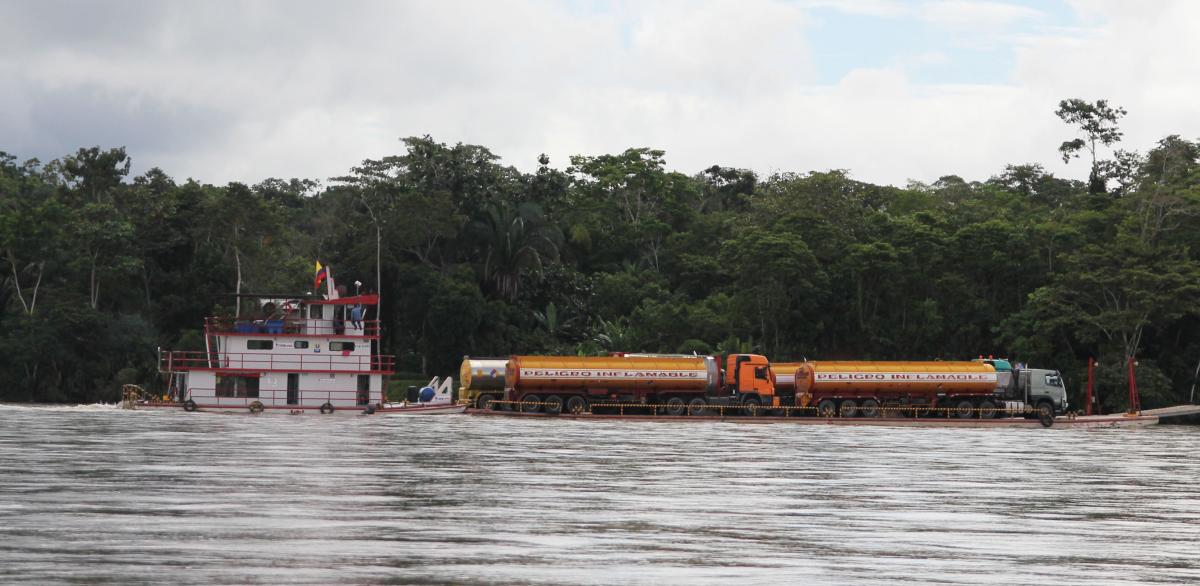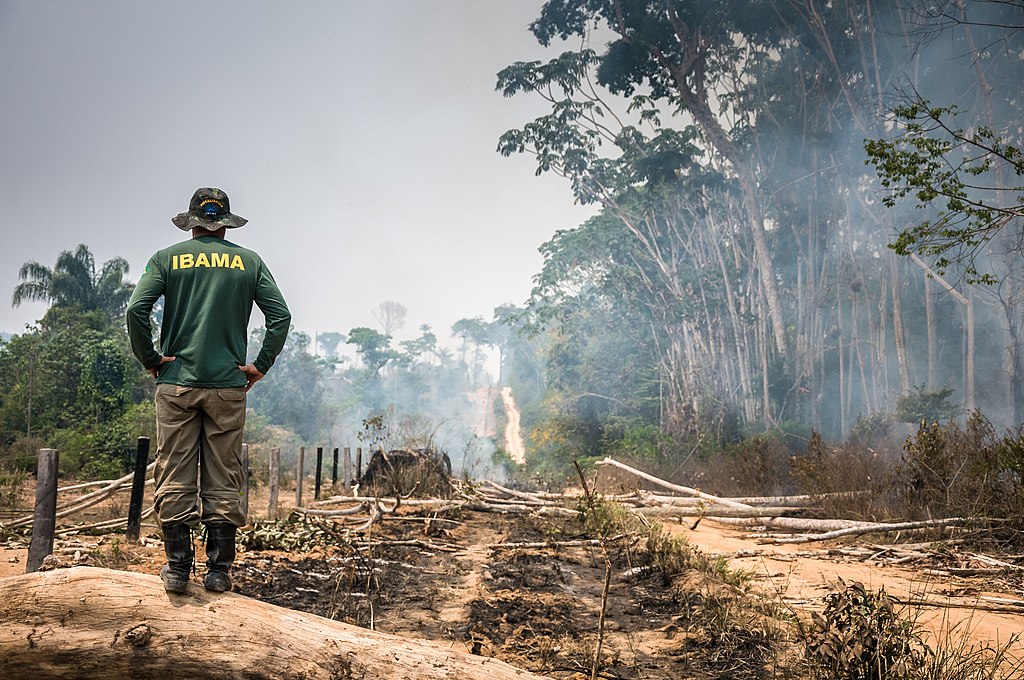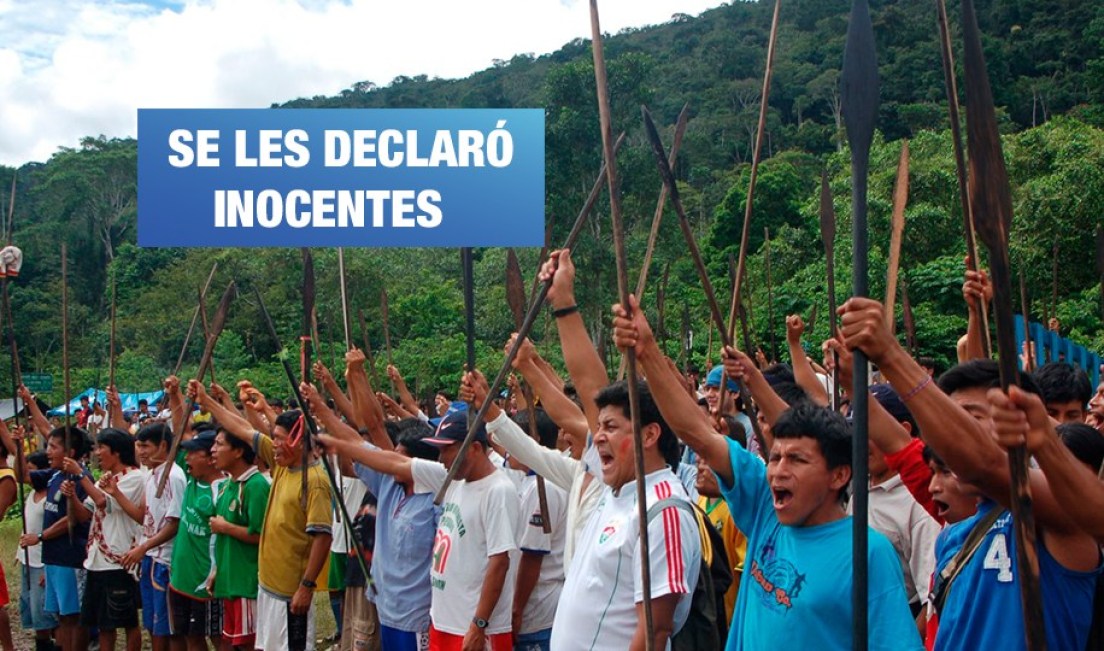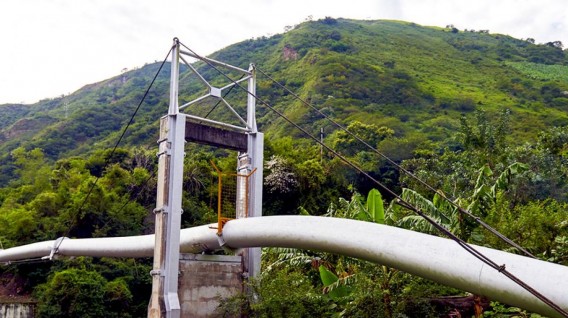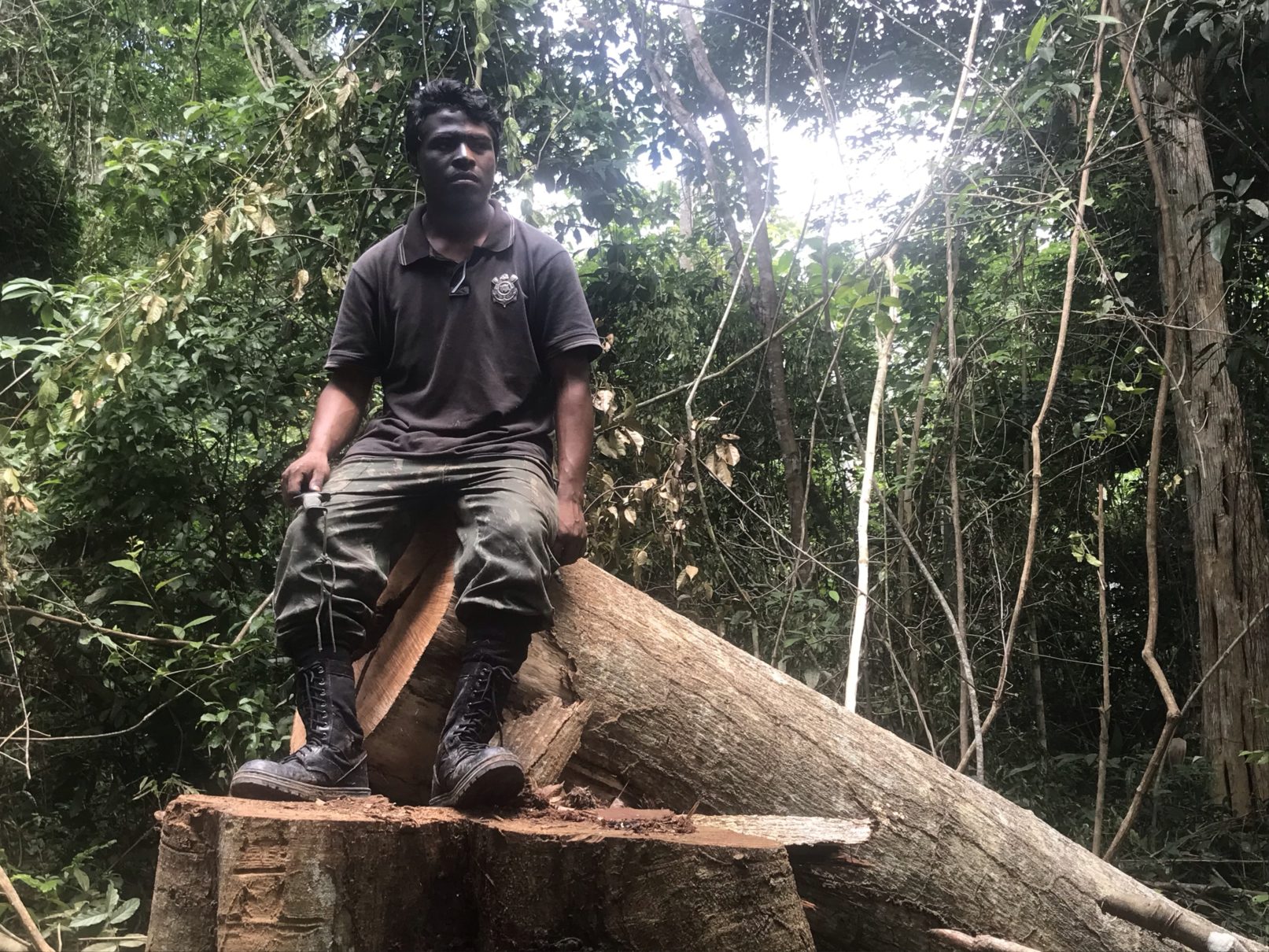
‘Forest Guardian’ assassinated in Brazilian Amazon
A young indigenous Guajajara leader was murdered in the Brazilian Amazon, raising concerns about escalating violence against forest protectors under the government of President Jair Bolsonaro. Paulo Paulino Guajajara, 26, was shot in the head and killed in an ambush in the Araribóia Indigenous Reserve, in the northeast state of Maranhão. Paulo was a member of “Guardians of the Forest,” a group of 120 indigenous Guajajara that organize volunteer patrols to fight illegal logging in the Araribóia reserve, one of the country’s most threatened indigenous territories. (Photo of Paulo Paulino Guajajara via Mongabay)



